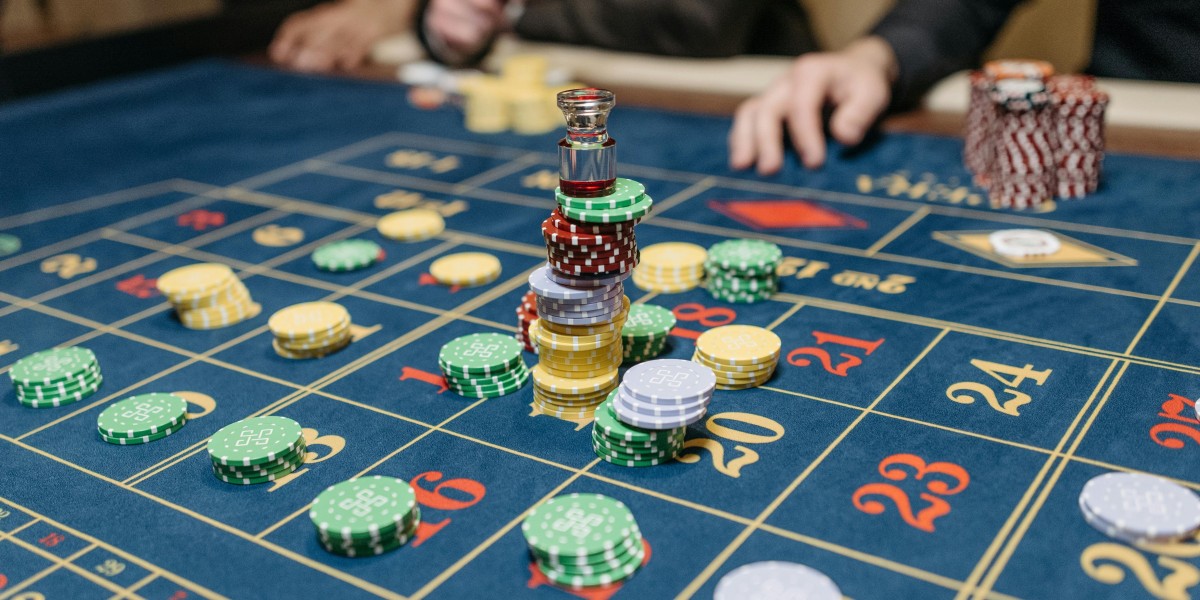At its core, gambling is a game of chance. Whether it’s spinning a roulette wheel, playing slot machines, or drawing cards, the outcomes are random or partially random, designed to favor the house over time. However, many gamblers tend to overestimate their influence on these outcomes. For example, a player might believe that choosing a “lucky” number or performing a specific ritual before betting will increase their chances of winning. These actions have no real impact on the odds, but they create a false sense of control that can be very compelling.
This illusion arises partly because of how the human brain processes patterns and randomness. Humans are natural pattern-seekers; our brains are wired to find meaning even in random data. When a gambler notices a streak of wins or losses, they may incorrectly conclude there is a pattern or trend to follow. This belief can lead to the gambler adjusting their bets or strategies based on these perceived patterns, thinking they can “beat the system.” In reality, each event in gambling is independent, meaning previous results do not affect future outcomes. The odds remain the same no matter what happened before, but the illusion makes gamblers think otherwise.
Another factor is the role of near-misses. Near-misses happen when a gambler almost wins—like getting two matching symbols on a slot machine and just missing the jackpot. Psychologically, near-misses are powerful because they activate the same reward centers in the brain as actual wins do. This reaction encourages players to keep gambling, as the brain interprets near-misses as signs that victory is close. These moments reinforce the illusion that the gambler has some control and that success is just one more bet away.
Skill-based gambling games add another layer to the illusion of control. Games like poker, blackjack, and sports betting involve a mix of chance and skill. Players who become good at these games may start to feel confident about their ability to influence outcomes. While skill certainly plays a role in these games, chance remains an unpredictable factor. The problem occurs when gamblers apply this confidence to games of pure chance, such as slot machines or lotteries, mistakenly believing their skills or decisions can sway the results. This misplaced confidence can lead to bigger bets and riskier behavior.
The environment where gambling takes place also enhances the illusion of control. Casinos and online gambling platforms are designed to keep players engaged and feeling kilau4d involved. Interactive features, such as buttons to “stop” a spinning reel or choose cards, create a sense that the player’s decisions matter, even though the results are pre-determined by random number generators. These design elements encourage players to believe they are influencing the outcome, further strengthening the illusion of control.
Social factors can also contribute. When people hear stories about friends or strangers who “beat the odds” and won big, they may believe that success is achievable through skill or strategy. They may try to mimic what they think those winners did, hoping to replicate the outcome. Unfortunately, most gambling wins are due to luck, and the stories that get shared tend to be the exceptions rather than the rule.
The illusion of control is dangerous because it can lead gamblers to underestimate the risks and overestimate their chances of winning. This mindset encourages chasing losses, where players keep betting to recover money they have lost. It also makes it harder for gamblers to set limits or walk away, as they believe the next bet might be the winning one. Over time, this behavior can result in significant financial losses, stress, and even addiction.
Breaking free from this illusion requires understanding and acceptance of the true nature of gambling. Recognizing that chance—not skill or control—determines the outcome is crucial. Players should approach gambling as a form of entertainment, not a way to make money or solve financial problems. Setting strict limits on time and money spent can help prevent impulsive bets driven by false hope.
Education is also key. Learning about odds, probabilities, and how gambling games work helps demystify the process. It reveals the built-in advantage that casinos have and why repeated wins are unlikely. Counseling and support groups can provide additional help for those who struggle with gambling habits, offering strategies to manage urges and replace gambling with healthier activities.
Ultimately, the mirage of control is a powerful illusion that keeps many gamblers hooked. By shining a light on this psychological trap, people can make more informed choices, protect themselves from harm, and enjoy gambling responsibly without falling prey to the false belief that they can control what chance has decided.








